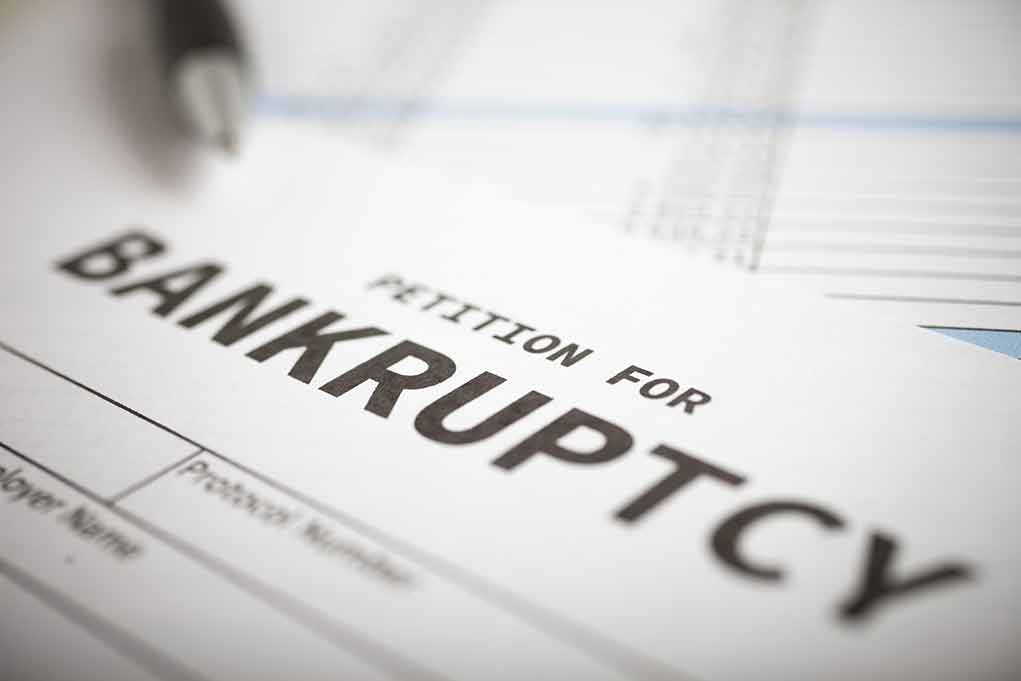
Fraudulent student loan debt relief companies swindled Americans out of over $24 million before the FTC finally shut them down, forcing the scammers to surrender assets and face permanent industry bans.
Key Takeaways
- Multiple student loan debt relief scams stole over $24 million combined from struggling borrowers through illegal fees and false promises.
- Scammers falsely claimed affiliation with the Department of Education and promised loan forgiveness they couldn’t deliver.
- The FTC has permanently banned the operators from the debt relief industry and ordered them to surrender over $1 million in assets.
- Operators used fake testimonials and targeted consumers on the Do Not Call Registry to perpetrate their schemes.
Predatory Companies Targeted Vulnerable Americans
The Federal Trade Commission has taken decisive action against multiple fraudulent student loan debt relief operations that systematically preyed on Americans struggling with student loan debt. The companies, including Select Student Services and USA Student Debt Relief (USASDR), extracted more than $24 million from consumers through elaborate schemes that falsely promised loan forgiveness and misrepresented their authority. These operations falsely claimed affiliation with the U.S. Department of Education, made impossible promises about loan forgiveness, and charged illegal upfront fees for services that borrowers could have accessed for free through legitimate government programs.
“Consumers looking to pay off their student loan debt should not have to worry about being scammed,” said Christopher Mufarrige.
The scammers employed sophisticated tactics to appear legitimate, including creating fake consumer reviews and testimonials on social media and their websites. Florida-based Start Connecting LLC and Colombia-based Start Connecting SAS operated as USASDR under the direction of owners Douglas Goodman, Doris Gallon-Goodman, and Juan Rojas. Meanwhile, Select Student Services and its operator Eduardo Martinez ran a separate but similarly deceptive operation. Both groups aggressively targeted consumers, including those on the Do Not Call Registry, to maximize their reach and profits.
Harsh Penalties Imposed on Scam Operators
The FTC’s enforcement actions have resulted in severe consequences for these fraudulent operators. A court order has permanently banned Select Student Services and Eduardo Martinez from the debt relief industry, while a default judgment was entered against other entities involved in their scheme. Similarly, the operators of USASDR have agreed to a permanent ban from the industry. These bans extend beyond just student loan debt relief to include prohibitions on telemarketing and misrepresentations about any products or services, effectively shutting down their ability to prey on consumers in the future.
“The FTC will continue to hold fraudsters that pocket Americans’ hard-earned money accountable,” said Christopher Mufarrige.
Financial penalties against these operators are substantial. The court imposed a monetary judgment of nearly $16.8 million against Select Student Services, while USASDR faces a $7.3 million judgment. Though portions of these judgments are suspended due to an inability to pay, the defendants must surrender over $1 million in assets to provide some compensation to victims. The unified Commission votes on these actions demonstrate the bipartisan recognition of the severe harm these scams caused to Americans already struggling with student loan debt.
Protecting Americans from Future Scams
The FTC’s enforcement actions serve as a reminder that President Trump’s administration continues to take a hard line against fraud targeting hardworking Americans. While the federal government has legitimate programs to help with student loan repayment, private companies charging fees for these services are almost always scams. The FTC advises that borrowers seeking assistance with federal student loans should visit StudentAid.gov directly rather than working with third-party companies that charge fees for services that are available for free through the government.
“It is illegal for debt relief companies to make false promises and use fake reviews and testimonials to promote a business,” said Christopher Mufarrige.
These cases highlight the ongoing issue of predatory financial practices targeting Americans who are already in difficult financial situations. The FTC’s actions were filed in the U.S. District Court for the Central District of California and the U.S. District Court for the Middle District of Florida, with both cases receiving unanimous approval from the Commission. The decisive government response to these scams demonstrates a commitment to protecting consumers from financial predators who exploit regulatory complexity to steal from unsuspecting victims.




